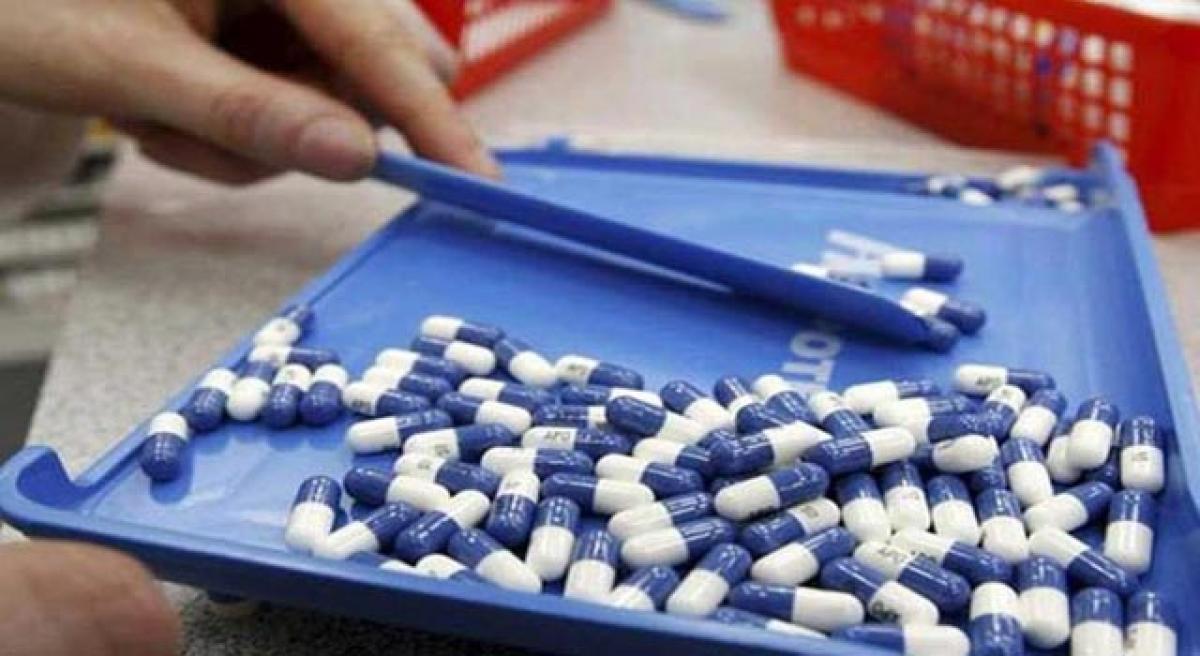Compulsory Licences

Compulsory licensing is done when a government authorises a party other than the patent owner to produce the patented product or process, without the patent owner\'s consent.
Compulsory licensing is done when a government authorises a party other than the patent owner to produce the patented product or process, without the patent owner's consent. Cipla under Hamied's leadership made generic versions of the drugs targeting serious diseases such as HIV/AIDS and cancer available to people at affordable prices. Hamied even wants the government to draw up a list of essential, vital medicines that country requires and should put them under compulsory licensing.
It may be noted that India has a well-established TRIPS compliant legislative, administrative and judicial framework to safeguard IPRs (intellectual property rights). Under the Doha Declaration on the TRIPS Agreement Public Health, each member has the right to grant compulsory licenses and the freedom to determine the grounds upon which such licenses are granted."
Last year, it was reported that the Indian government had "privately assured" the US-India Business Council (USIBC) that it would allow use of Compulsory Licences for commercial purposes, meaning it will be made more difficult for Indian companies to seek such Licences from India’s patent office to produce cheaper versions of patented drugs.
But the government defended its right to grant licences allowing local firms to override patents and make cheaper copies of drugs discovered by big Western drugmakers, and said reports to the contrary were "factually incorrect." Section 84 of Indian Patent Act pertains to the grant of Compulsory Licences. Compulsory Licences are granted in order to: Prevent the abuse of patent as a monopoly; Make a way for commercial exploitation of the patented invention by an interested person; and Address the public health concern in India.
India can grant such licences under certain conditions, such as public health emergencies, to ensure access to affordable medicines. It granted the first such license in 2012, allowing local firm Natco Ltd to sell a copy of German drugmaker Bayer's cancer medicine Nexavar at a tenth of the price.
Since that ruling, big Western pharmaceutical companies have criticized India's patent law and lobbied for it to be changed. India’s rejection of Lee Pharma’s application for compulsory licence in June 2015 for Astrazeneca’s patented drug Saxagliptin, a drug used to cure diabetes, has disappointed many.

